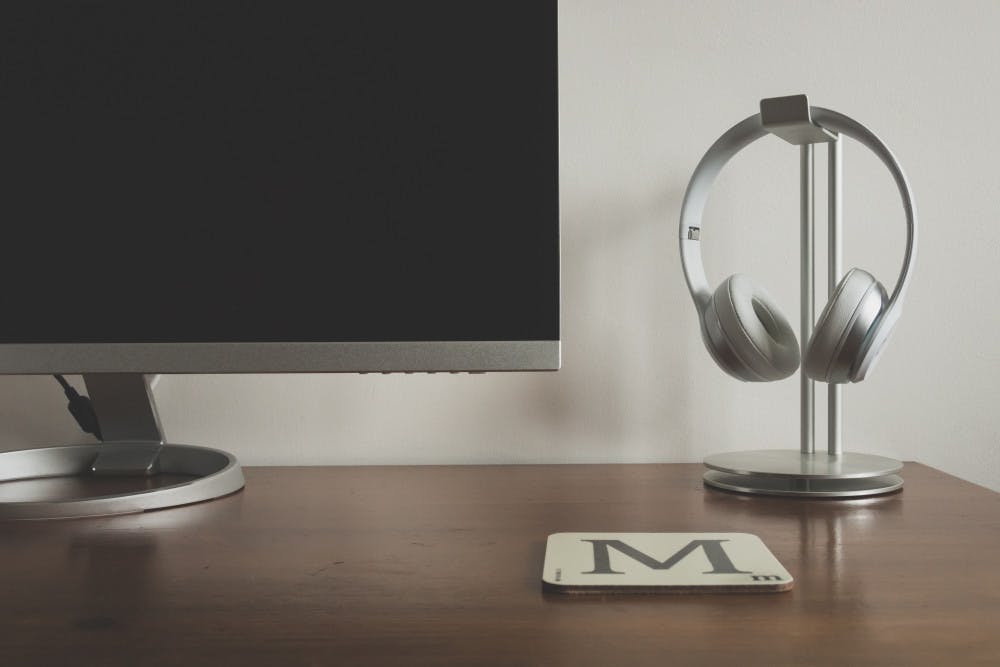By Madison Pena
News Editor
With daily reminders and updates concerning the Coronavirus, it’s hard to get away from the mass hysteria that is spreading around the world. News of travel bans, quarantines and stores running out of food and toiletries can really take a toll on your mental health.

According to the College’s Mental Health Services, it’s common for people exposed to such high-stress situations to feel overwhelmed and develop strong reactions to the widespread panic. Common stress reactions include feeling disconnected from reality, having difficulty concentrating or making decisions, losing hope and feeling lost.
People may also be experiencing more specific or severe reactions in response specifically to the COVID-19 outbreak. These include frequently worrying about contamination, jumping to conclusions and panicking, mood swings and feeling sad or depressed.
It may be even harder on students who have relatives in a country more affected by the virus, which can lead them to carry even more stress or sadness. For many students, the cancellation of extracurriculars, sports and classes as a precaution can also take a toll on their mental health.
This virus not only affects those who come into contact with it, but everyone whose lives have changed in response to it. Here are some ways to cope with the increasingly stressful climate.
Maintain a Healthy Lifestyle
The news of the virus can disrupt daily routines and can cause you even greater stress. According to MHS, it’s important to maintain your regular daily schedule and continue to engage with friends and other social activities (safely).
Exercise
It’s no secret that being physically active releases endorphins and can boost your mood, while having physical benefits, such as improving your immune system.
Connect with Others
While the Centers for Disease Control and Prevention (CDC) recommends practicing social distancing, which means avoiding areas where many people gather or cohabitate, getting together with friends and family who you know are healthy is a great way to ease your mind. Sharing concerns and connecting with people you care about can provide a strong sense of comfort during a scary time.
Limit Time Spent Watching the News
Being constantly inundated with more information that may not be accurate can lead to unnecessary anxiety and stress. Limit yourself to only watching an hour or so of news or taking in a certain amount of information to lower the chances of being overwhelmed.
Take the Time to Unwind
Take breaks from the outside panic and give yourself a chance to breathe. According to the CDC, taking up relaxing activities like meditation, reading or any other hobby can help distract your mind from anxieties.
Practice Positive Thinking
While easier said than done, maintaining a positive attitude during this time can have an equally positive impact physiologically, according to psychotherapist Dr. Luana Marques, who spoke on the Ten Percent Happier Podcast with Dan Harris. Marques noted that when you walk around anxiously, it not only takes a toll on your mental health but also your physical health. By practicing positivity, you can relax your mind and body, leading to overall better health.
On its website, MHS has included an in-depth document with steps on how to identify and cope with any mental stressors, as well as dealing with possible instances of bias or discrimination. Do not hesitate to seek professional support from a hotline or contact MHS at 609-771-2247.







